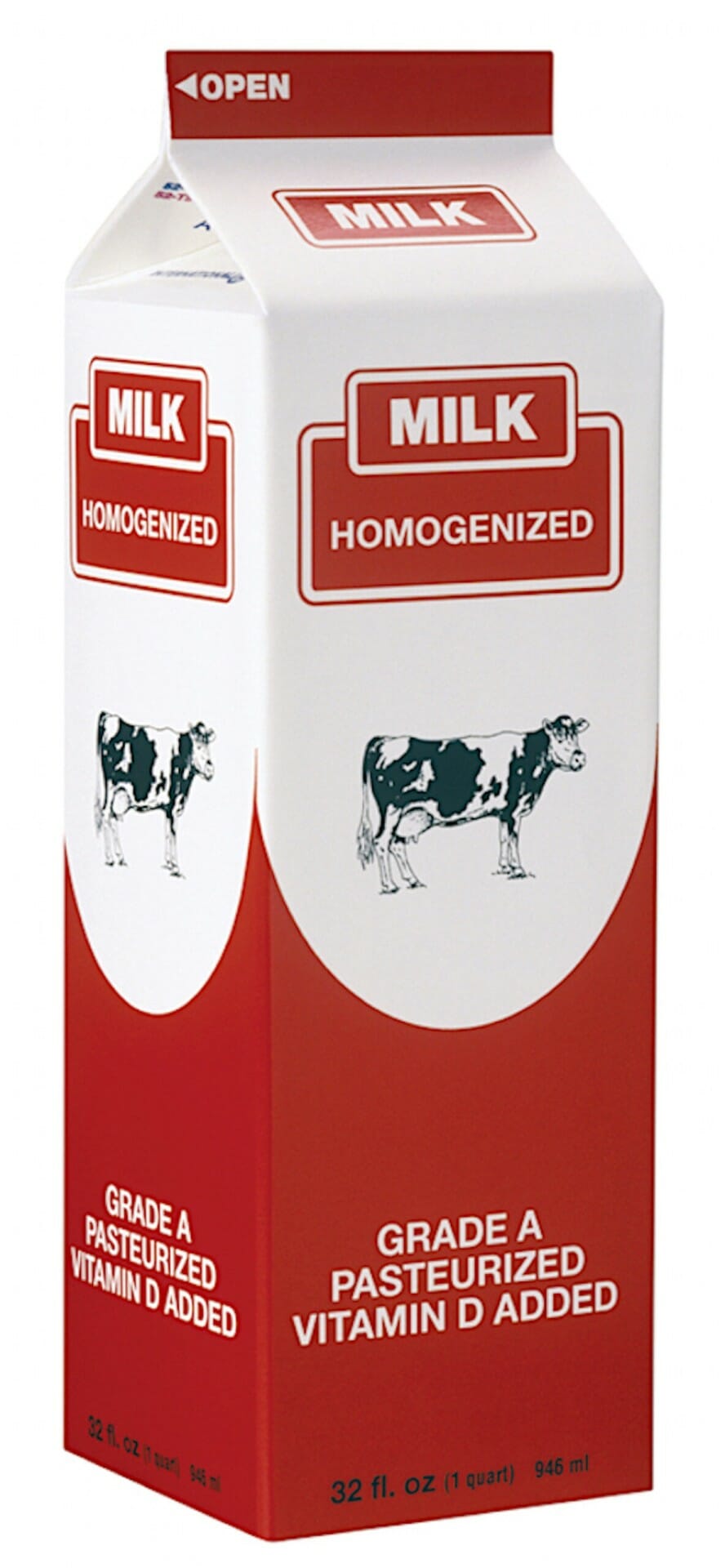How much daily calcium does my teenager need?
Teenagers should get 1,300 milligrams (mg) of calcium a day for good health. There are about 300 mg of calcium in 1 cup of milk, so your teen would need to drink about 4 cups of milk to get the daily recommended amount.
But of course, this assumes that milk is your teen’s only source of calcium. Your teenager will also get calcium from other foods and beverages, including cheese, yogurt, calcium-fortified cereals and juices, and some beans and vegetables, such as soybeans, spinach, and kale.
Nevertheless, many teenaged boys and girls do not get enough calcium. The same is true for many women after menopause and people who avoid dairy products. In these cases, a calcium supplement might help, but please talk with your healthcare provider for advice.
I eat a lot of carrots and I know that they have beta-carotene. I have read that beta-carotene increases your risk of lung cancer. Is that true?
| High doses of beta-carotene from supplements do raise the risk of lung cancer in some people, but beta-carotene from foods like carrots does not. So, eat as many carrots—and other vegetables and fruits—as you want. They are very healthy, packed with nutrients, and might help reduce your risk of some chronic diseases.The link between lung cancer and beta-carotene supplements (a form of vitamin A) comes from a few large studies. These studies found that people who smoke, used to smoke, or who work with asbestos had a higher risk of lung cancer when they took dietary supplements containing 20 to 30 mg per day of beta-carotene for several years.These doses are very high. Typical amounts of beta-carotene in most dietary supplements, such as multivitamins, are much lower and are not linked to an increased risk of lung cancer. For example, a supplement might contain 1 mg (written as 1,000 micrograms [mcg]) of vitamin A, with about 1/3 as beta-carotene, but check product labels. |
Source: NIHOfficeofDietarySupplements@public.govdelivery.com











